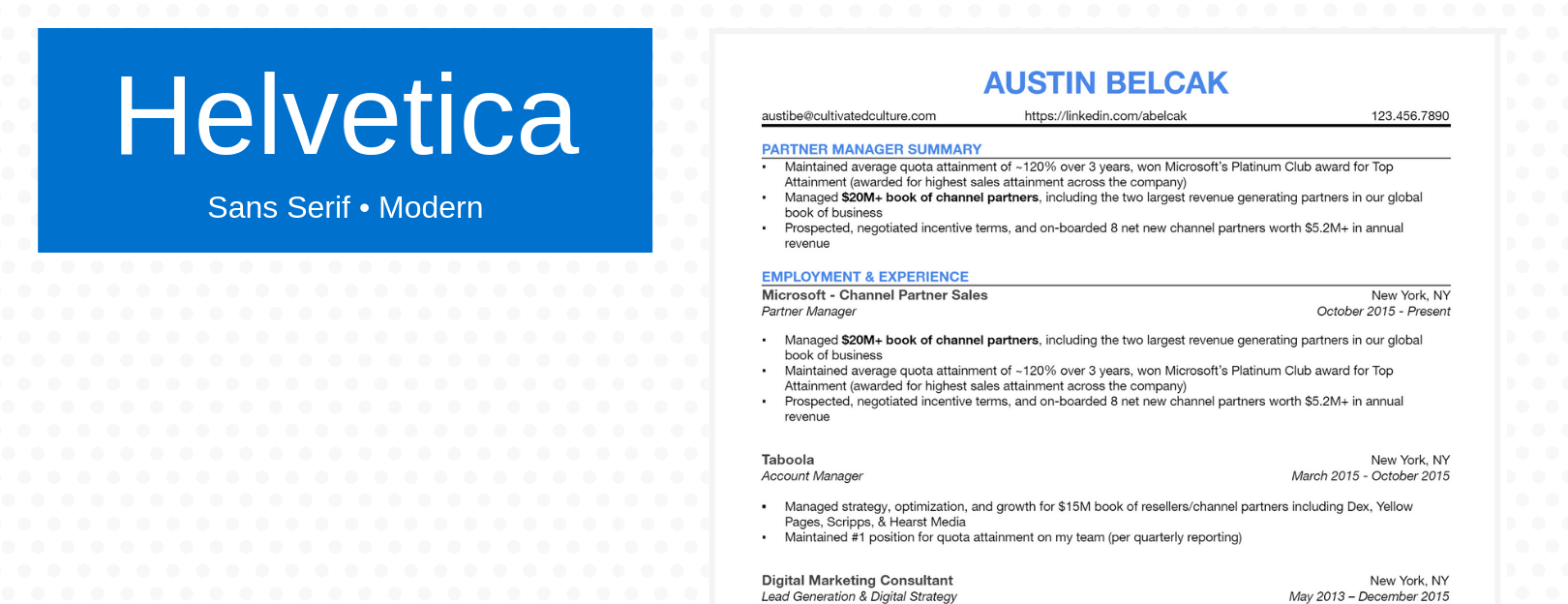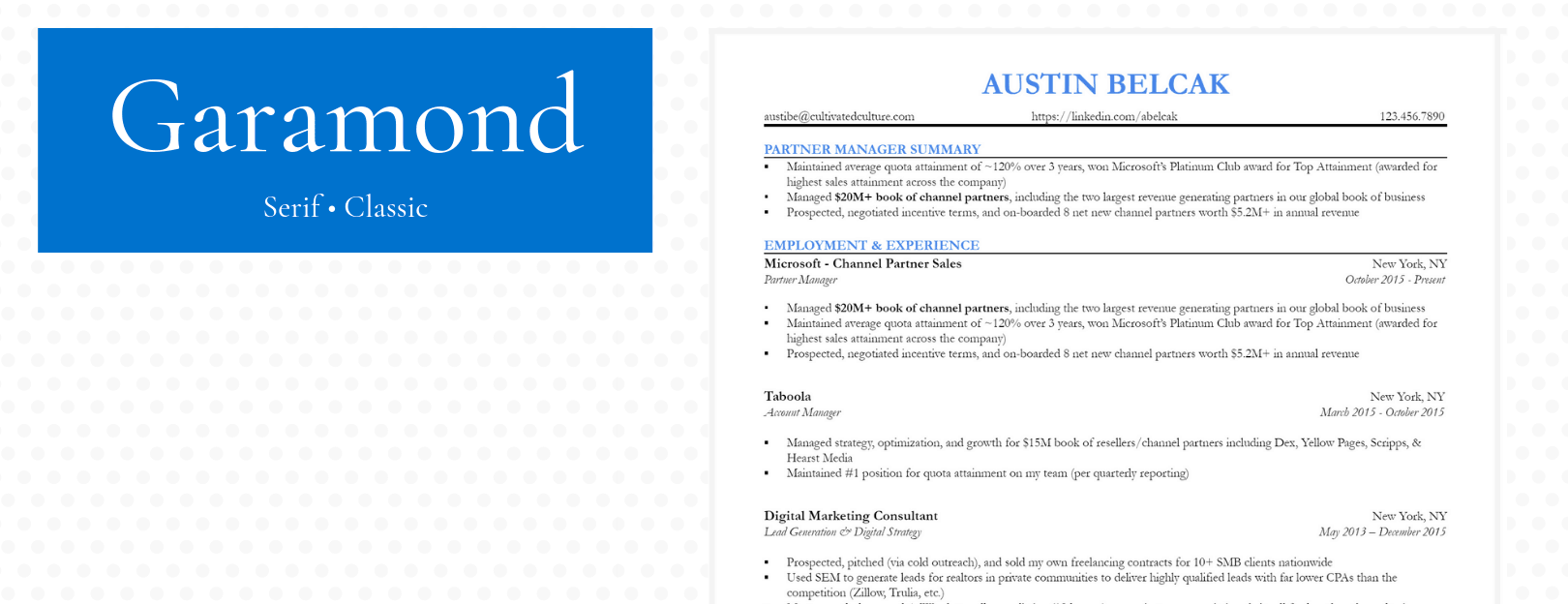

Homomorphic encryption (HME) is one of the most popular technologies for secure computation over the encrypted data. To protect the privacy and confidentiality of genomic data, many cryptographic methods have been developed. demonstrated that even binary query results (i.e., existence of variants) from the genomic data sharing Beacon project can still reveal sensitive personal information. By utilizing the reference population from the International HapMap Project, Homer’s attack model is able to re-identify individuals in a case group from the aggregated allele frequencies in genome-wide association studies (GWAS). Furthermore, sensitive patient information would also be recovered from aggregated statistics. modeled the 3D human facial appearance based on gender, genomic ancestry, genotype and specific genes that determine facial features. males could be performed by matching Y-chromosome haplotypes in recreational genetic genealogy databases. illustrated that surname inferences for U.S. demonstrated that 84-97% patients profiles in the Personal Genome Project (PGP) could be identified by linking their demographic information to publicly available records. demonstrated that a number of 75 statistically independent SNPs may be enough to re-identify an individual. As genomic data are shared by blood relatives, the dissemination of personal genomic information may have negative impact on other family members. Individual genomic information tends to reveal sensitive personal information including, but not limited to, personal identity, disease condition, appearance. However, privacy concerns have posed challenges to outsource genomic data in an untrusted cloud environment. Recently, cloud computing emerges as an ideal platform for providing elastic computation and storage resources for genomic data analysis. It is becoming a big challenge to efficiently store and process the huge amount of genomic data in biomedical research. For example, Precision Medicine Initiative (PMI) aims to usher in a new era of medicine by collecting genomic data from a million people, by which more targeted treatment could be developed.

The advance of sequencing technology has significantly lower the costs of generating genomic data for improving healthcare, discovering new treatment methods and facilitating biomedical research. The proposed PRESAGE provides an alternative solution for secure and efficient genomic data outsourcing in an untrusted cloud by using a hybrid framework that combines secure hardware and multiple crypto protocols. The experimental results demonstrated significant performance over the homomorphic encryption methods and a small computational overhead in comparison to plaintext implementation. We compared the performance of the proposed PRESAGE framework with the state-of-the-art homomorphic encryption scheme, as well as the plaintext implementation.
#Comparison of kristen font for windows and kristen font for mac software#
We present one of the first implementations of Software Guard Extension (SGX) based securely outsourced genetic testing framework, which leverages multiple cryptographic protocols and minimal perfect hash scheme to enable efficient and secure data storage and computation outsourcing.

However, privacy and security concerns have emerged as a challenge for utilizing cloud computing to handle sensitive genomic data. Advances in DNA sequencing technologies have prompted a wide range of genomic applications to improve healthcare and facilitate biomedical research.


 0 kommentar(er)
0 kommentar(er)
